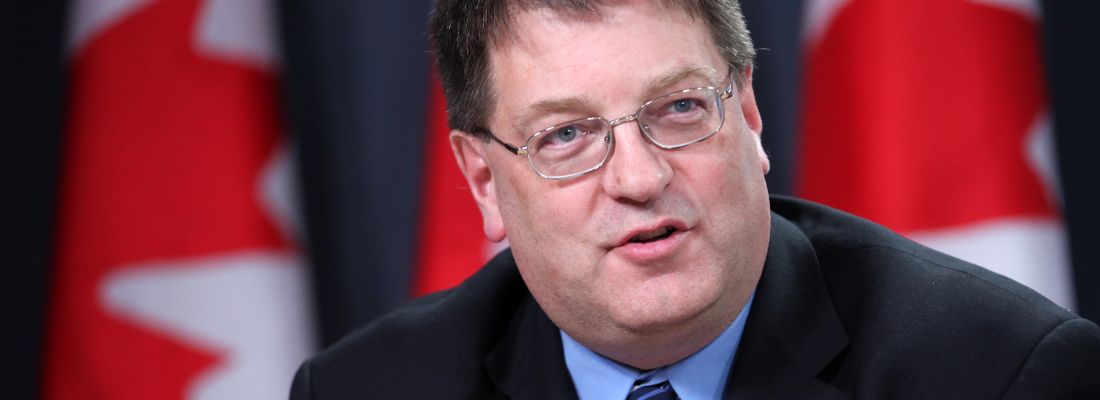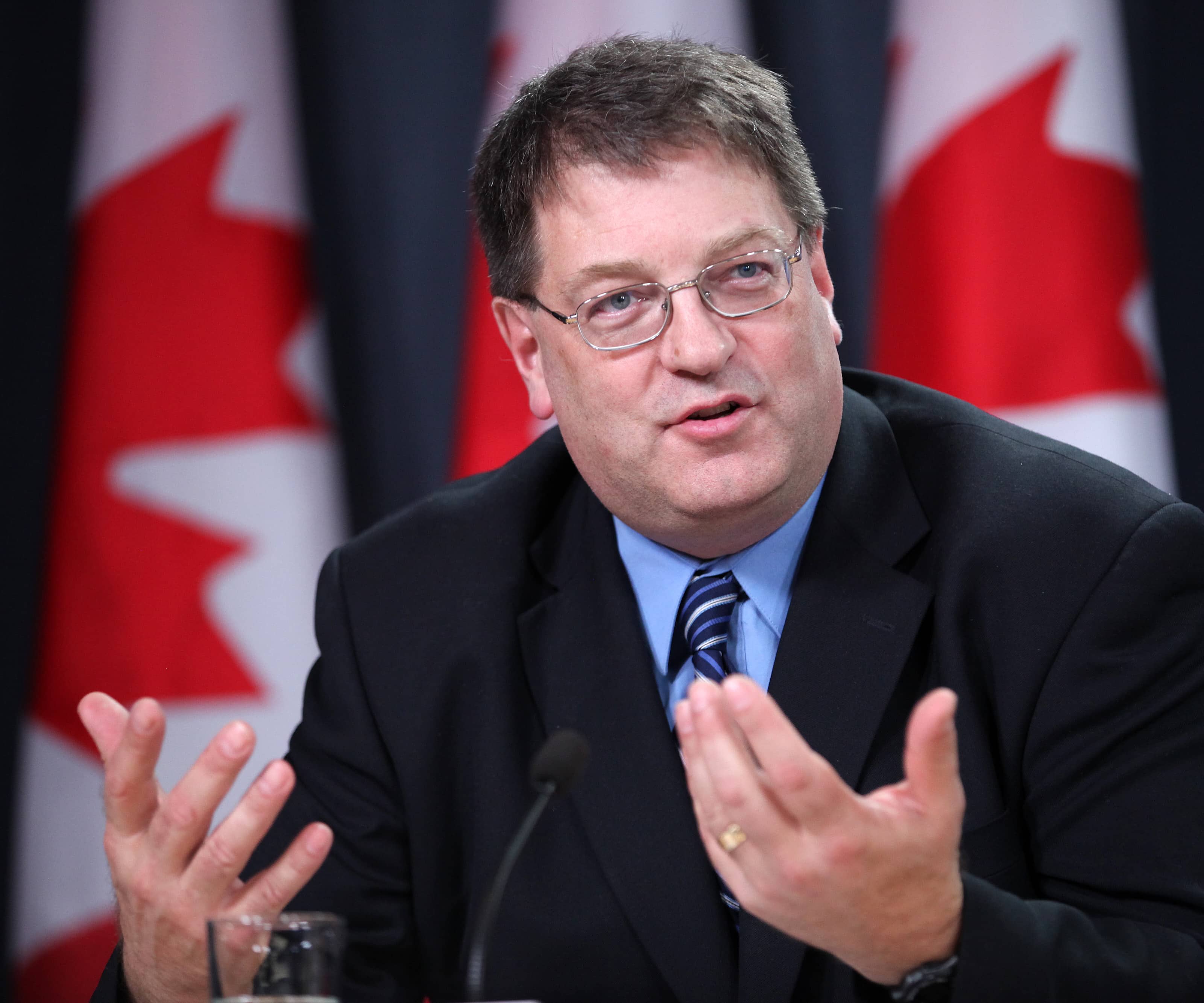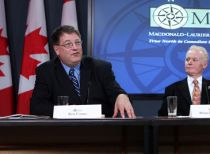Keynote Speeches
Ken Coates explains the impacts of new leadership in Canada and the US.
The primary changes are coming from two directions: the recent election of Donald Trump as president of the United States and the likely change in the government in Canada in the election anticipated for 2025. These profound shifts in governance—could rattle northern policy in potentially dramatic ways. Canada begins 2025 adrift in a time when strong proactive federal leadership is needed.
The Trump presidency promises massive disruptions across the American government and economy, focused on unprecedented intentional efforts to undermine the “administrative state.” Many of these changes, combined with recently threatened substantial tariffs on Canadian imports, could cause considerable upheaval in Canada. President-elect Trump’s promise to “drill, baby, drill” will have major effects on the Canadian energy sector, largely by pulling even more investment out of Canada. American aggression in oil and gas development will also draw attention to the costly, time-consuming, and disruptive project approval process in this country. There are also significant signs that the relatively steady state of Canada’s north is about to be disrupted.
In recent years, the combination of climate change, declining natural resource prices and demand, and a slow collapse of manufacturing has forced Canada to consider a very different future. The rapid advance of technological change, immigration and the uneven effects of globalization have affected all Canadians and reshaped the national economy. Looking ahead to the world that our children and grandchild stand to inherit raises important questions about personal and collective choices. The future, after all, is what we make it!
The transformations of the past decade, including the United Nations Declaration on the Rights of Indigenous Peoples to major decisions by the Supreme Court of Canada, has forced all Canadians to contemplate the future of Indigenous peoples within Canada. While much is made of protests, poverty, and conflict — all of which are real and important — the reality is that Aboriginal people in Canada have become increasingly active in business, partners in resource development, and collaborators at the community-level. While the current situation is far from ideal, the reality is that Indigenous and non-Indigenous Canadians are finding creative and important ways to come together.
Over the past few decades, rural and small town Canada have faced immense strains. Migration of young people to the cities, changes in agriculture, mining and manufacturing have undermined local economies. But rural Canada will not go quietly, but instead is determined to preserve its special place within Canada well into the 21st century. Defining the lifestyles and economic prospects of rural and small town Canada requires creativity, community spirit and a full understanding of the challenges and opportunities that lie before us all.

















Similar Speakers 123